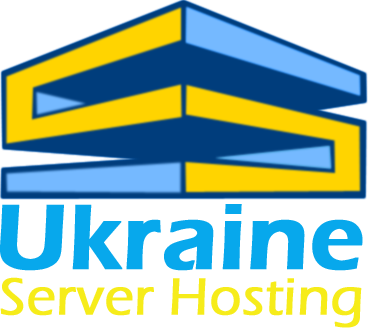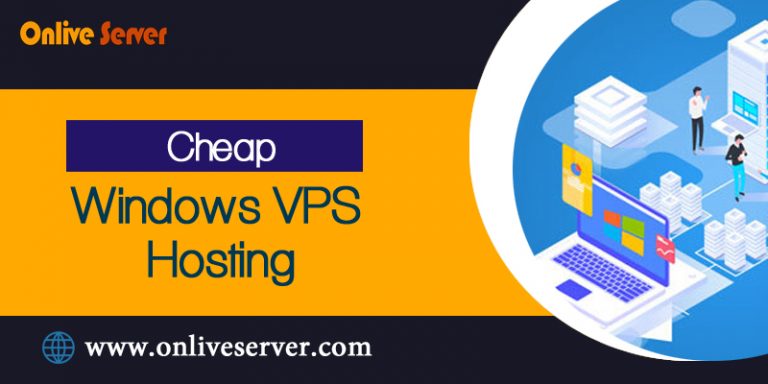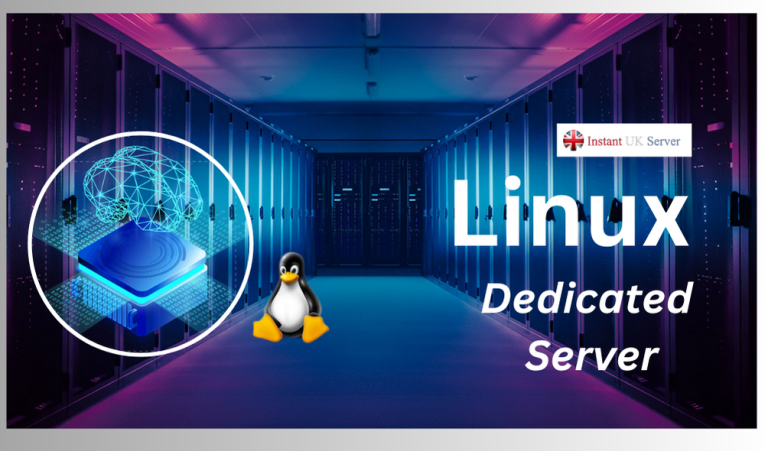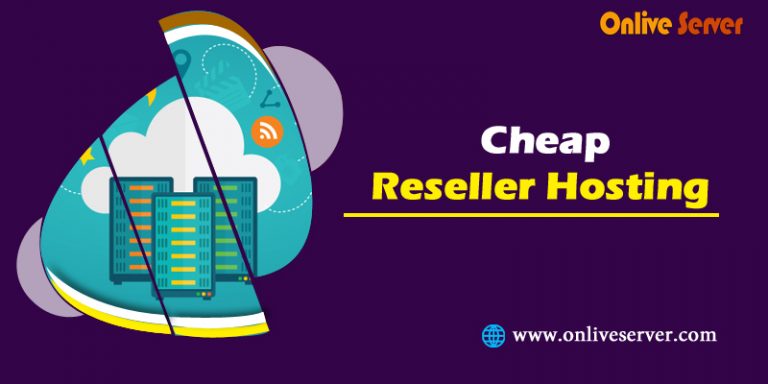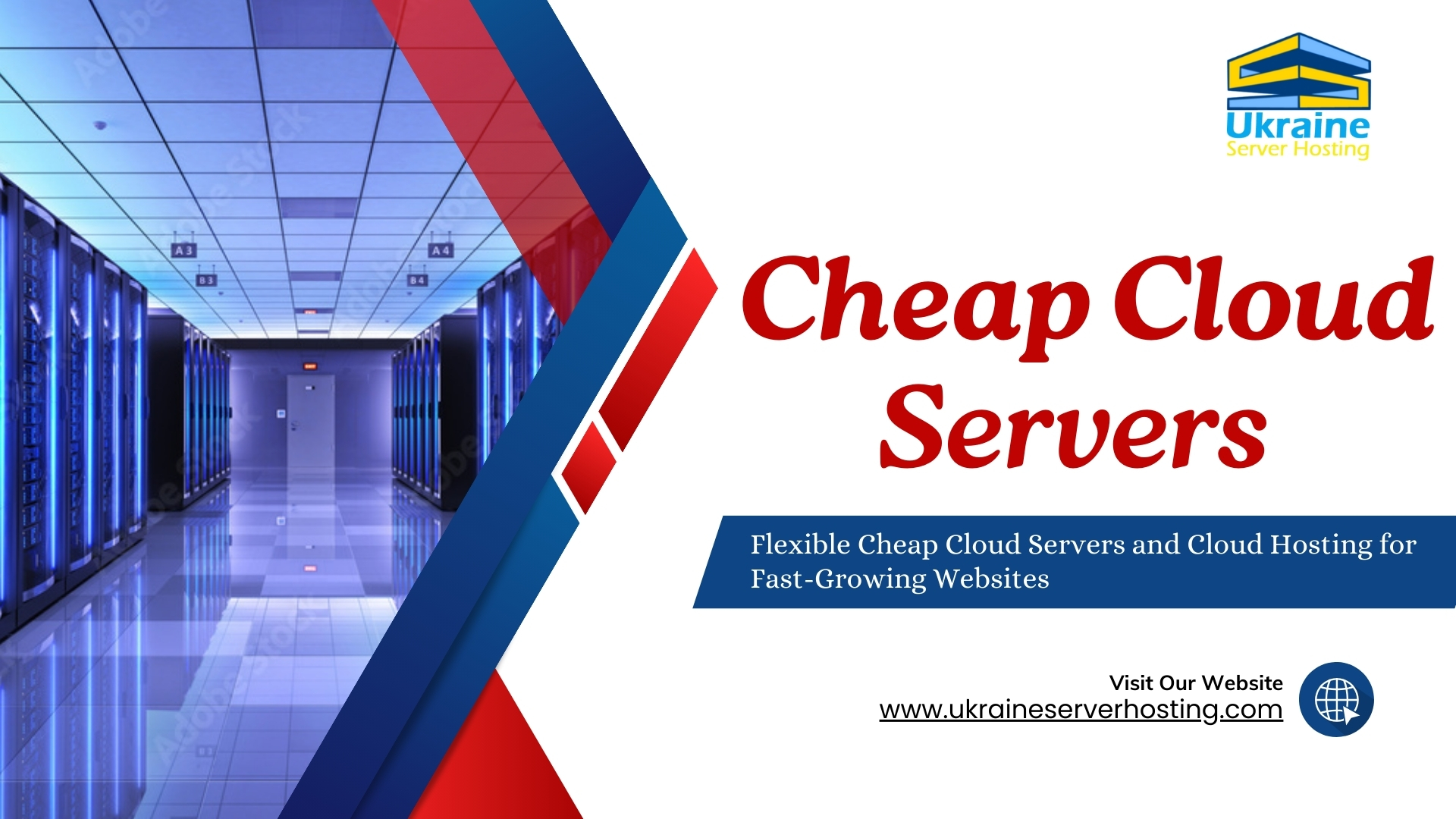
Understanding Cloud Servers and Their Benefits
Cloud servers are virtualized computing resources hosted on a cloud infrastructure rather than physical hardware. Unlike traditional servers, cloud servers operate within a network of interconnected servers, ensuring reliability, flexibility, and scalability. They provide on-demand resources, allowing businesses to scale operations without investing in expensive physical hardware.
Key Advantages of Cloud Computing
Cloud computing offers numerous advantages, including cost efficiency, high availability, and improved performance. Businesses can reduce IT costs by paying only for the resources they use. Furthermore, cloud solutions enhance uptime, ensuring websites are accessible worldwide. Speed, security, and accessibility make cloud computing attractive for startups and established businesses.
How Cloud Servers Support Website Growth
Fast-growing websites need adaptable infrastructure to handle increasing traffic and data. Cheap Cloud servers from Onlive Server provide scalability, enabling businesses to upgrade or downgrade resources based on demand. Additionally, cloud solutions support content delivery networks (CDNs), enhancing website load times and ensuring a seamless user experience.
Why Cheap Cloud Servers Are Revolutionary for Small Businesses
Small businesses often struggle with budget constraints when investing in IT infrastructure. Cheap cloud servers provide an affordable yet powerful solution, allowing startups and SMEs to access high-performance hosting without breaking the bank. These servers offer a range of features, including managed services, security protocols, and automation, ensuring efficiency and reliability.
Essential Features of Cost-Effective Cloud Solutions
Scalability Options
Scalability is one of the most critical aspects of cloud hosting. Businesses can start with minimal resources and expand as needed, ensuring they only pay for what they use. This flexibility allows companies to accommodate growth without over committing financially.
Security Measures
Cost-effective cloud hosting does not compromise security. Providers integrate firewalls, encryption, and regular security updates to protect sensitive data. Multi-factor authentication (MFA) and access controls also prevent unauthorized access, enhancing overall data security.
Performance Metrics
A reliable cloud server must provide consistent performance. Factors such as uptime, latency, and processing speed determine how efficiently a website operates. Choosing a provider with high-performance metrics ensures an optimal experience for users.
Resource Management Tools
Resource management tools like dashboards and analytics help businesses monitor and optimize their cloud usage. Features like auto-scaling, load balancing, and real-time performance tracking ensure efficient server operation.
Comparing Different Cloud Hosting Providers
Choosing the right cloud hosting provider requires comparing pricing, performance, and support services. Businesses should evaluate uptime guarantees, customer service responsiveness, and additional features such as automated backups and security compliance.
Budget-Friendly Cloud Computing Options
Entry-Level Plans
Entry-level plans cater to small websites, offering basic CPU, RAM, and storage at a low cost. These plans are ideal for blogs, small businesses, and personal websites with moderate traffic.
Mid-Range Solutions
Mid-range solutions provide additional processing power and storage, which are suitable for growing businesses requiring higher bandwidth and better performance. These plans often include enhanced security and scalability options.
Enterprise Options
Enterprise cloud hosting caters to large-scale businesses with high-traffic websites. These solutions offer dedicated resources, custom configurations, and advanced security protocols to meet complex hosting needs.
Maximizing ROI with Affordable Cloud Hosting
Investing in budget cloud hosting can yield significant returns if managed efficiently. Businesses can maximize ROI by selecting plans that match their needs, optimizing performance through CDN integration, and using automation tools to streamline server management.
Technical Considerations for Cloud Server Selection
Server Specifications
Factors such as CPU cores, RAM capacity, and storage type (SSD vs. HDD) must be considered when choosing a cloud server. Higher specifications ensure better performance but come at a higher cost.
Bandwidth Requirements
Bandwidth affects website speed and accessibility. High-traffic businesses must select a plan that supports their data transfer needs without causing slowdowns.
Storage Options
Cloud hosting providers offer various storage solutions, including block, object, and SSD. The right type to choose depends on the business’s data requirements and performance expectations.
Implementation Strategies for Cloud Migration
Planning Your Migration
Successful cloud migration requires careful planning. Businesses should assess their current infrastructure, identify workloads to move, and set a timeline for migration.
Step-by-Step Transfer Process
The migration process involves data backup, testing, and gradual transition to avoid downtime. Implementing a phased approach ensures smooth adaptation to the cloud environment.
Common Challenges and Solutions
Businesses may face challenges during migration, such as data loss, compatibility issues, and security concerns. Solutions include data encryption, selecting a reliable provider, and conducting thorough testing before going live.
Optimizing Your Cloud Server Performance
Performance optimization involves configuring server settings, enabling caching, and using a content delivery network (CDN) to enhance speed. Regular monitoring and updates ensure continuous performance improvements.
Maintaining Security in Budget Cloud Environments
Essential Security Protocols
Security protocols such as firewalls, intrusion detection systems, and secure access policies protect cloud servers from cyber threats. Implementing these measures reduces the risk of unauthorized breaches.
Backup Strategies
Regular backups prevent data loss and ensure business continuity in case of server failures. Businesses should schedule automatic backups and store copies in secure locations.
Compliance Considerations
Depending on industry regulations, businesses may need to comply with GDPR, HIPAA, or PCI-DSS standards. Choosing a provider that meets these compliance requirements ensures adherence to legal and data protection requirements.
Conclusion
Flexible and affordable cloud servers empower businesses to scale efficiently without compromising performance or security. Businesses can thrive in a fast-paced digital landscape by selecting the right cloud provider, implementing best practices, and optimizing resources.
Frequently Asked Questions

